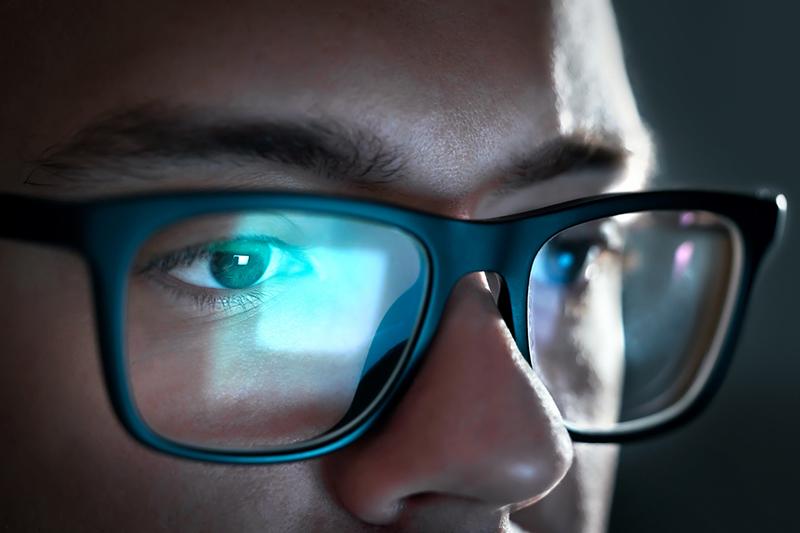Not all the jobs our students will hold have been invented yet. Forces moving faster than most of our curricula will shape the challenges they’ll face – ecological, technological, geopolitical. Even now, the lines between disciplines, careers and even truth claims are blurrier than ever. In this climate of uncertainty, we in higher education find ourselves asking a deceptively simple question: what, exactly, are we preparing students for?
More than any single technical skill or disciplinary credential, we are preparing them to adapt to situations and challenges that lie ahead. That means teaching them to communicate clearly, think critically, manage their time and energy, work with others and bounce back from setbacks.
In other words, we are teaching soft skills for hard times, and this means being as intentional about this work as we are about any research method or coding language.
Making space in curricula
Soft skills can’t be left to chance. They must be woven into the structure of our programmes with as much care and rigour as our content expertise. Group projects, reflective writing, peer feedback – all these can serve as vehicles for building communication, collaboration and ethical reasoning skills if we’re explicit about their purpose and evaluate them accordingly. This doesn’t mean sacrificing disciplinary depth. It means making visible the competencies that allow knowledge to travel beyond the classroom.
Interpersonal skills for the post-pandemic cohort
The students arriving on our campuses today have lived through a formative disruption – Covid. Many experienced high school and early college years through screens, with limited opportunities for in-person collaboration. It is up to us as educators to recognise and respond to this gap – and to do so without judgement.
- Equipping university graduates to think beyond the classroom
- ‘We must replace critical thinking with intuitive critical thinking’
- Spotlight guide: Soft skills for hard times
Today’s learners might not intuitively grasp expectations around engagement, especially in digital environments. For instance, some students assume it is acceptable to attend class while driving or to keep cameras off during interactive sessions. Helping them recalibrate for professional communication – whether verbal, written or virtual – is part of preparing them for future roles in any field. Even seemingly routine exchanges, such as email etiquette or feedback conversations, are formative moments. Faculty can model professionalism and clarity in how we respond – and, importantly, in how we teach students to respond. For example, we might ask students to communicate via professional emails while submitting assignments and give feedback on tone, clarity and formatting.
Clear expectations for group work, scaffolded communication tasks and dedicated time for interpersonal learning help students regain footing. These skills aren’t “nice to haves” but are the foundation for success in graduate school, the workforce and civic life.
Thinking critically in the age of AI
The rise of generative AI is raising urgent questions about the role of human cognition in education. Rather than doubling down on detection, let’s focus on discernment: training students to ask better questions, spot patterns, evaluate sources and form arguments based on judgement and ethics.
Learning sound research skills such as checking information sources and visuals and whether a source is a real and reliable person are the foundations of critical thinking in a digital age. At Virginia Tech, for example, we work with university librarians to teach students how to verify information using author credentials, platform context and image-authenticity tools.
AI can be a tool for developing these very skills – if we integrate it transparently and critically. The goal is not to outpace technology but to out-reason it, and harness it for ethical use.
Resilience as a learning outcome
Amid rising mental health concerns, climate anxiety and economic precarity, resilience has ceased to be a buzzword. But we must resist reducing this vital trait to vague notions of “grit” or stoicism. In an educational context, resilience means learning how to respond productively to feedback, manage ambiguity and persist through difficulty. These are teachable skills.
I encourage you to talk to students about the difference between expectation and reality. Many come to college with a four-year plan and a narrow vision of success, only to find that academic or personal challenges require a pivot. This could mean something minor, such as readjusting a project’s parameters, or something more substantial, like changing majors or rethinking career goals.
We can make college a safe space for learning, designing assessments that allow for revision and teaching time-management strategies that respect students’ complex lives. College is a time to learn from – and embrace – failure as a part of learning.
Towards a human-centred academy
Ultimately, teaching soft skills is about reaffirming the human in higher education. Whether our students become engineers, artists, policy analysts or something we haven’t yet imagined, they will need to think critically, collaborate across differences and care deeply about their communities.
These are not secondary to academic achievement; they are what give it meaning.
Now is the time to double down on this work. In a world defined by rapid change and deep complexity, soft skills are no longer optional. They are the bedrock of future readiness.
Lauren Thomas is associate vice-provost for academic advising initiatives at Virginia Tech.
If you would like advice and insight from academics and university staff delivered direct to your inbox each week, sign up for the Campus newsletter.




comment1
(No subject)